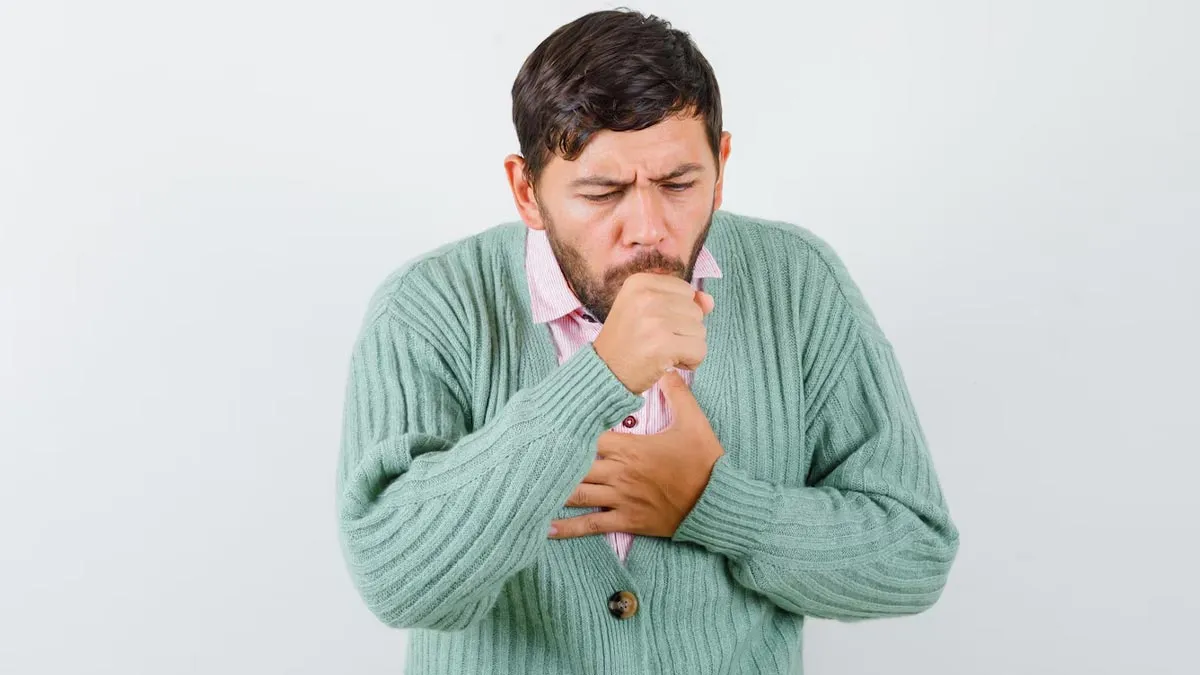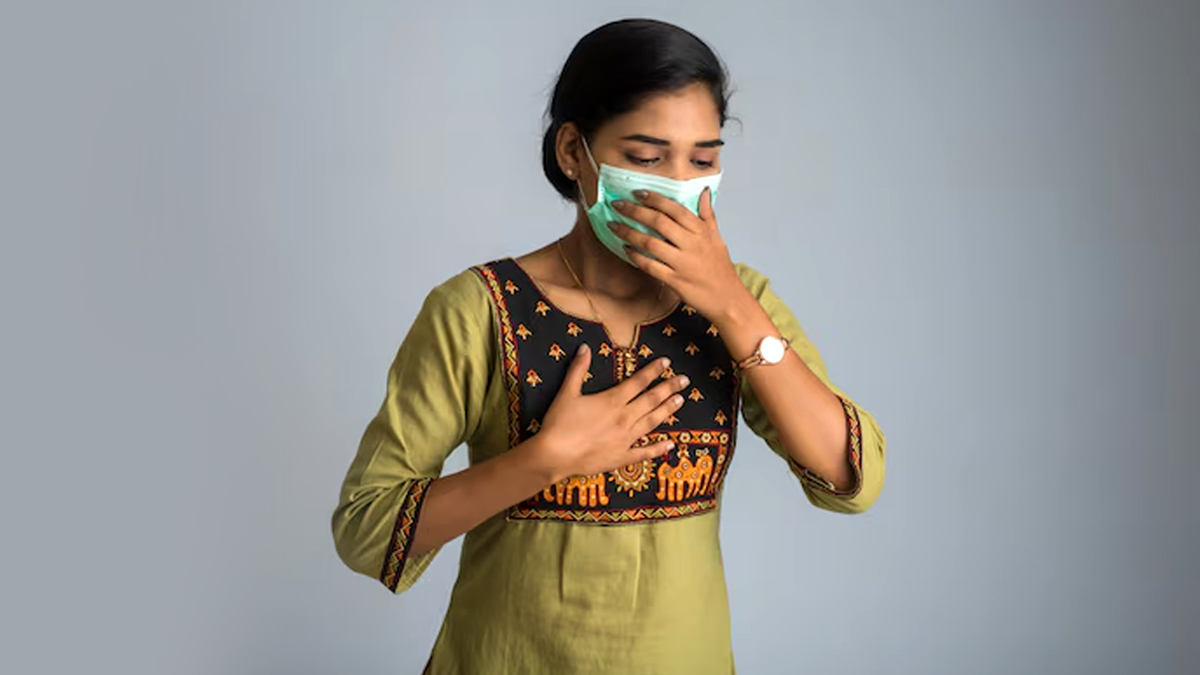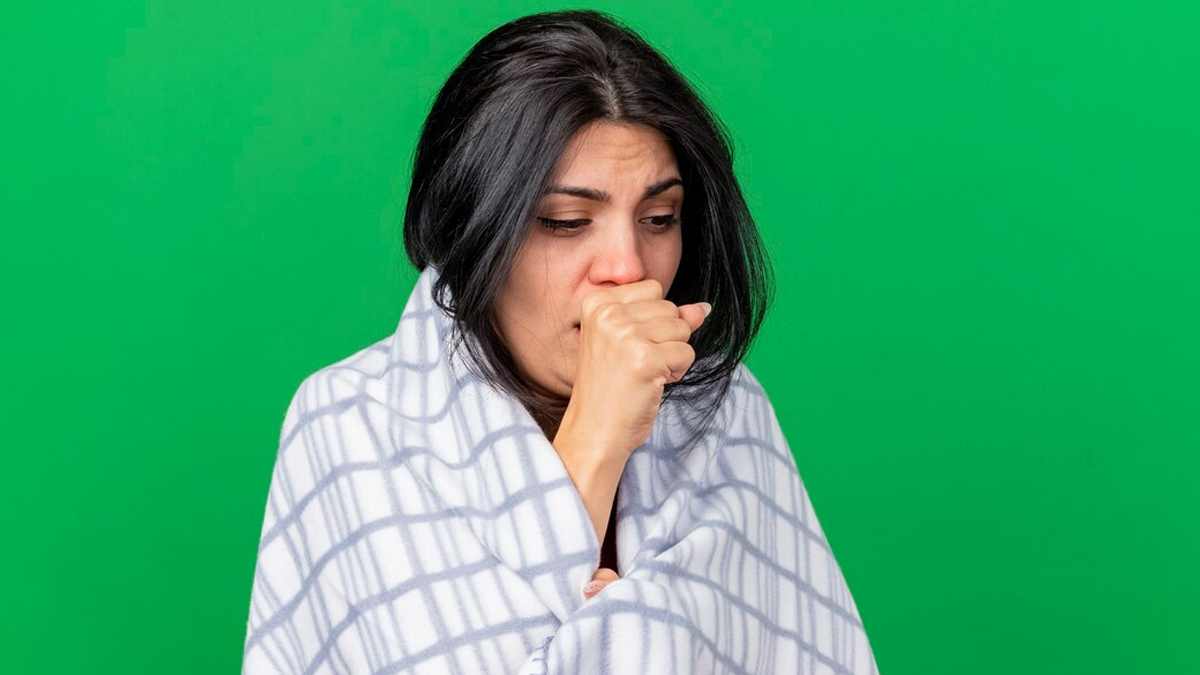
When you have a runny nose or a mild cough, you're likely to suspect a common cold. However, these cold-like symptoms are not just limited to a viral infection; they can also indicate a more serious condition called whooping cough, a highly contagious bacterial infection characterised by severe coughing episodes. Dr Manoj AG, Consultant Physician at Practo, Bengaluru, sheds light on the distinguishing factors and shares ways to prevent the condition.
Table of Content:-
Also Read: Whooping Cough Deaths Hit Record High in US—What Makes This Infection So Dangerous?
What Is Whooping Cough?

Whooping cough, also known as pertussis, is a very contagious respiratory infection caused by the bacterium Bordetella pertussis. It is characterised by severe coughing fits and ends with a ‘whooping’ sound as the air is inhaled.
According to the World Health Organization (WHO), there were more than 1.51 lakh cases of whooping cough globally in 2018. The health body explains that it spreads easily from person to person, primarily through droplets from coughing or sneezing. It is most dangerous for infants and is a leading cause of disease and death in this age group.
How To Differentiate Between Cold And Whooping Cough

Dr Manoj says, “The primary differences between a common cold and whooping cough (pertussis) lie in their symptom progression and intensity.” He explains that a common cold typically causes mild symptoms like a runny nose, sore throat, occasional low-grade fever, and a manageable cough that resolves within a week.
Whooping cough, on the other hand, begins with similar cold-like symptoms but escalates into prolonged, severe coughing fits, the doctor distinguishes. “These fits may be followed by a distinctive 'whooping' sound as the person gasps for air—though this hallmark symptom is less common in infants, older adults, or immunocompromised individuals."
Stages Of Whooping Cough
The three main stages of whooping cough are:
- Catarrhal phase (1–2 weeks): Mimics a cold with sneezing and mild cough.
- Paroxysmal phase (1–6 weeks): Intense coughing spells, often worse at night, which may cause vomiting or breathlessness.
- Convalescent phase (weeks to months): Gradual recovery, though coughing can linger.
When To Seek Medical Attention
Here’s who and when one should seek medical attention for whooping cough:
- Infants under 6 months, pregnant individuals, and those with weakened immune system face the highest risk of severe complications, such as pneumonia, rib fractures, or seizures. Rarely, it can be fatal in young babies.
- A cough that lasts over two weeks.
- Coughing fits that lead to vomiting, difficulty breathing, or cyanosis (bluish skin).
- Infants exhibit pauses in breathing (apnoea) or exhaustion after coughing.
Also Read: Rising Whooping Cough Cases In The UK Lead To Tenth Child Death
Prevention Strategies

Whooping cough can be concerning, and therefore, it is crucial to learn about the strategies to prevent it. Here’s what you can do:
Vaccination:
- DTaP vaccine: Protects children (doses at two, four, six, and 15–18 months; booster at four to six years).
- Tdap booster: Recommended for adolescents (ages 11–12) and adults every 10 years. Pregnant individuals should receive Tdap during the third trimester of each pregnancy to protect newborns.
Hygiene and Isolation:
- Practise frequent handwashing, cover coughs/sneezes, and disinfect surfaces.
- Isolate infected individuals until five days after starting antibiotics (or three weeks without treatment).
Protect High-Risk Groups:
- Ensure caregivers and close contacts of infants are vaccinated (“cocooning strategy”).
- Exposed individuals may require prophylactic antibiotics to prevent spread.
- Early diagnosis and treatment of whooping cough are critical to curb transmission and reduce risks.
Conclusion
Initially, a whooping cough can mimic symptoms of a cold. However, over time, it can lead to more severe coughing fits, which can be a distinguishing factor. It is crucial to get yourself tested and assessed by a doctor or medical professional. Only once you have the confirmed diagnosis can you be treated properly.
Also watch this video
How we keep this article up to date:
We work with experts and keep a close eye on the latest in health and wellness. Whenever there is a new research or helpful information, we update our articles with accurate and useful advice.
Current Version
